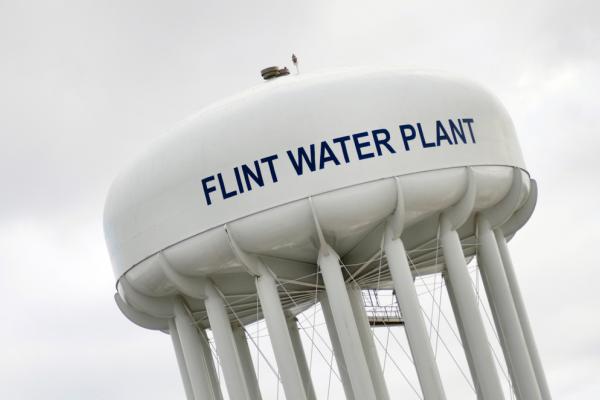America’s poor always bear the brunt of manmade ecological problems. Urban air pollution, dwelling near industrial facilities and their waste, and exposure to lead paint are a few of the ways that the poor are put at risk; they face more health problems caused by environmental factors than anyone else. Based on this, I ask this question: Should environmental justice be at the forefront of the church’s social justice ministries?
I recently learned the term Ecotheology, which is a theology entirely concerned with the human relationship to the earth. We, as people, have been entrusted this planet by the Creator. As a result, we are the ones given stewardship over God’s creation. I see the doctrine of Ecotheology as focusing on the health of the earth as a living thing. After all, Genesis tells us that God took great care in shaping the earth as we know it.
While the Flint water crisis is certainly a conversation that should be taking place in the context of Ecotheology, this is really a matter of very simple theology: the Golden Rule.
Jesus never mentioned ecology or the environment. He focused on healing and he focused on people. When he met the woman at the well, they shared a cool drink, and in his beautifully mysterious way Jesus offered the woman “living water.” Jesus came to bring his gospel to the people, through healing and preaching a message of empathy. From the Beatitudes blessing of the poor, to the rich man that Jesus told to give up all of his possessions, Jesus cared deeply about the poor. When Jesus healed a sick, downtrodden man on the Sabbath, he upset the powers that be. He bucked the system by putting the man above the law. Someone needed healing and Jesus was not about to withhold it another minute.
In Flint, the powers that be were concerned with their economic agenda, saving the city a paltry amount of money by neglecting to properly treat the water. They ignored the problem by refusing to listen to those who spoke up. By doing this, they essentially turned their backs on the sick man over and over again. Even worse, they created the sickness.
We live in an industrialized world with industrial problems. Water needs to be treated and delivered to people. Different people are needed to make that happen: the water authority, the state and local governments, even the landlords who may know that lead pipes are still in use. When people with power do not consider the way that their industrial decisions will hurt others, they are breaking what Jesus told us was God’s greatest commandment. And when we don’t pay attention, we are breaking it too.
The Book of Revelation has been described as an apocalyptic tale of Earth’s final destruction. Some Ecotheologists see the violent end depicted in Revelation as the human destruction of the environment, not just a spiritual climax to the story of God’s people. For now, we have escaped the apocalypse for another day. While we are still here, we need to serve one another as Jesus told us to do.
Got something to say about what you're reading? We value your feedback!

